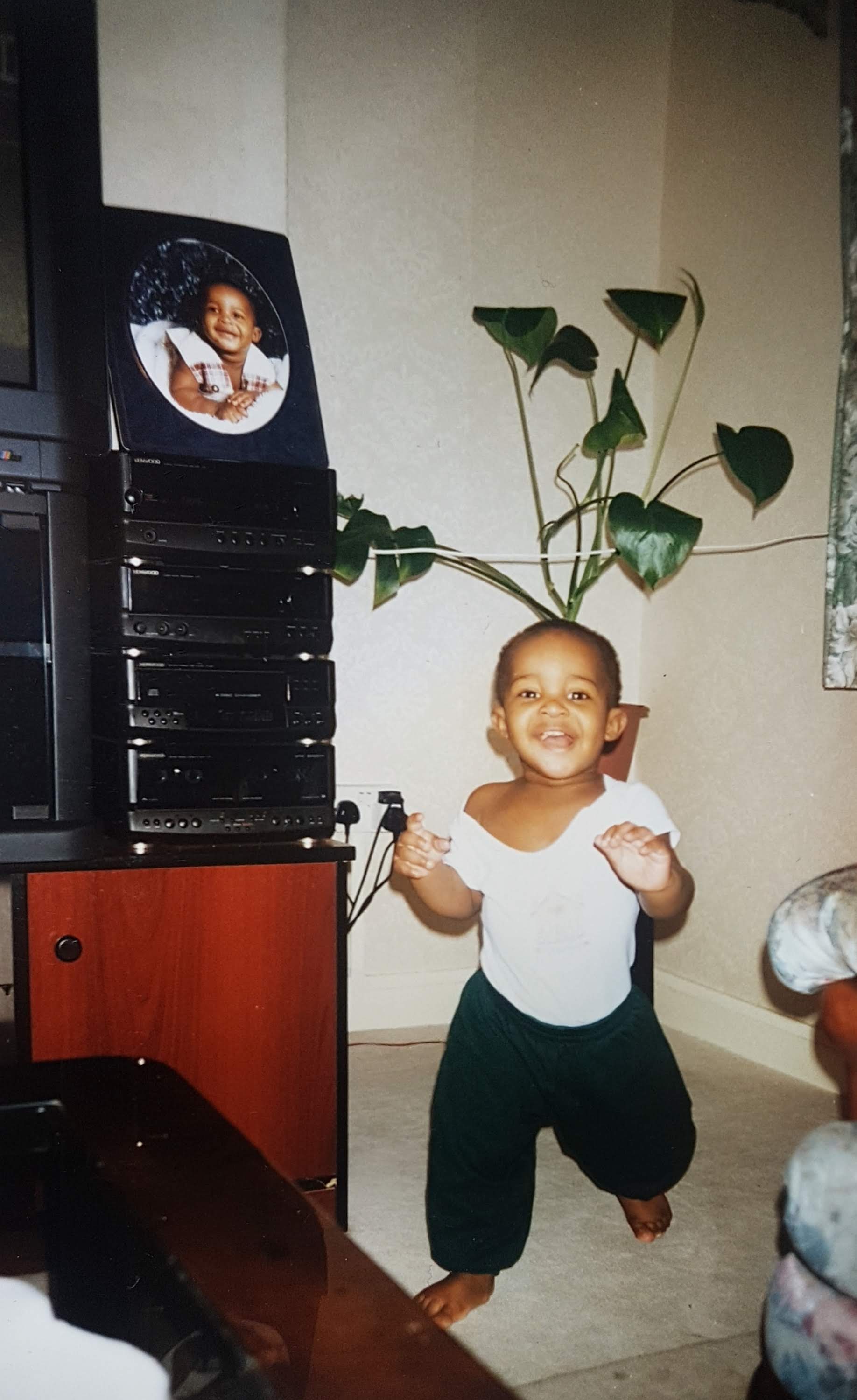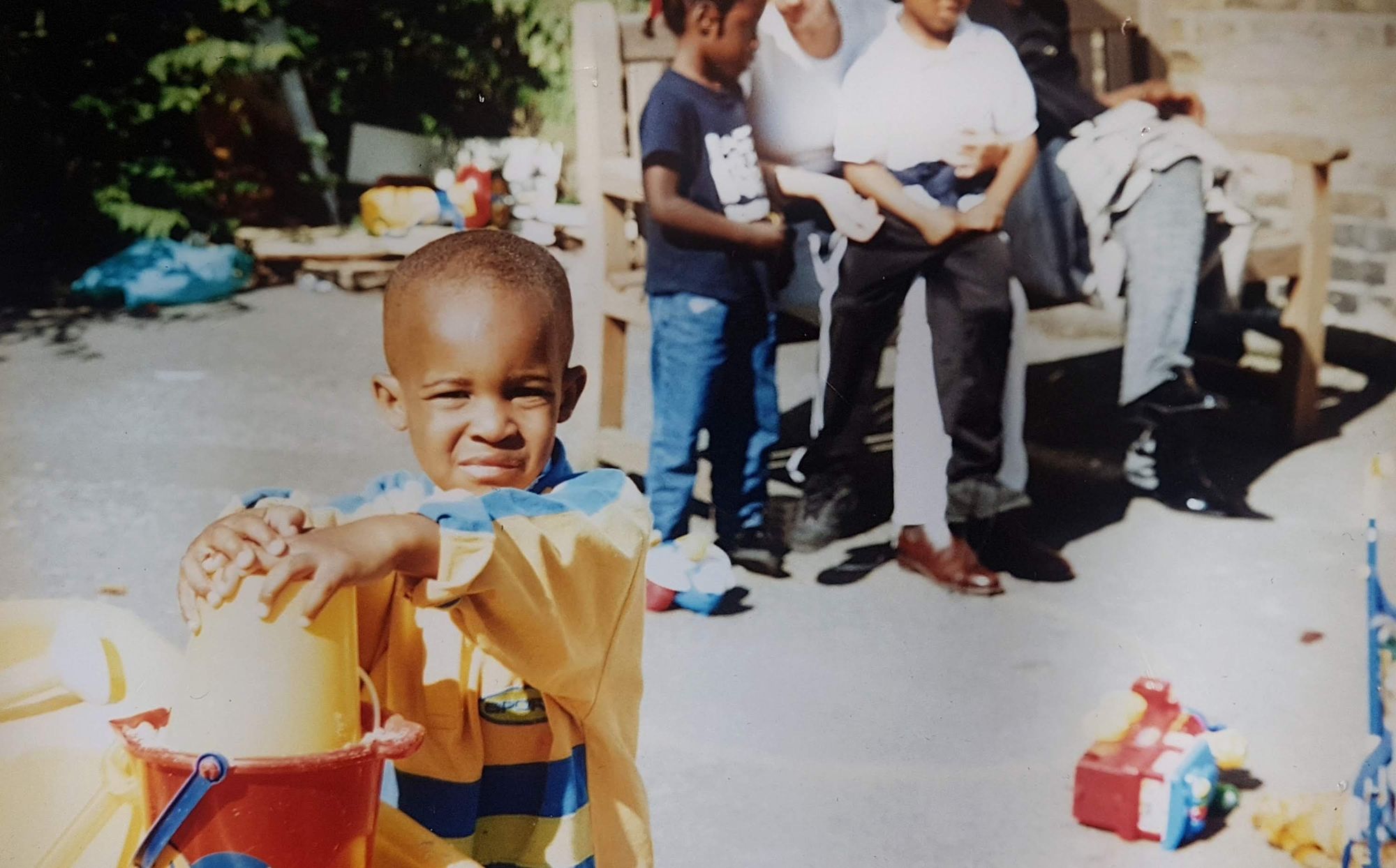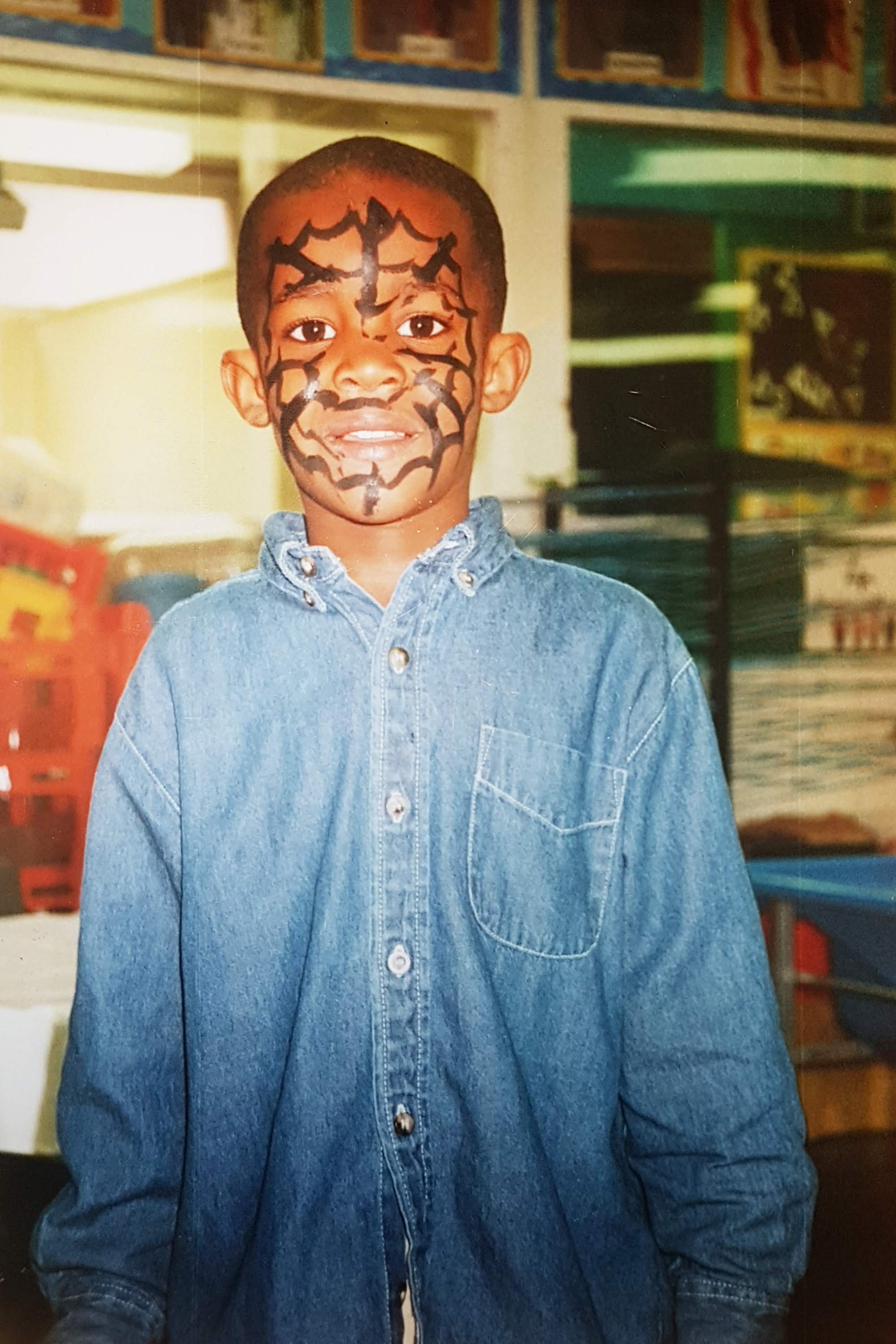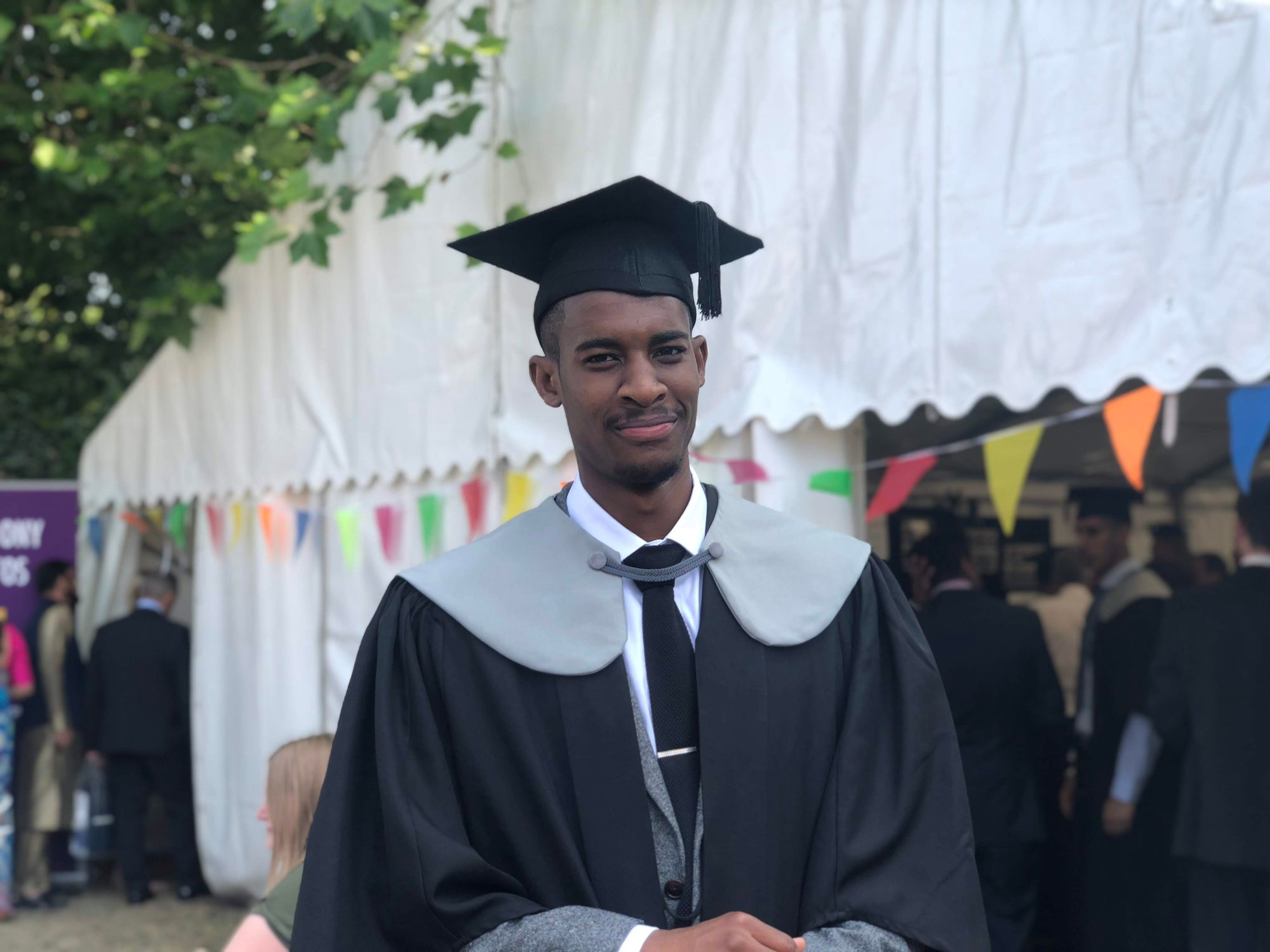My identity journey
To everyone reading this, sit down one day and dedicate time to write about your identity and who you are. Honestly, you'll be shocked at what you discover.

From infancy, it was drilled into me that I was Tanzanian through the language we speak at home, the food we eat and my mother continuously repeating ‘we are not English.’
I was born and raised in London. My mother was born in Tanzania and left once she received her education and resided in London when she was 20. My father was born in Burundi but spent the majority of his childhood between Congo and Tanzania, where most of his family lived at that time. My father travelled extensively and settled in London once he met my mother.
Despite my parent's efforts in educating myself and my siblings that we were Tanzanian, resulting in the creation of separation lines between our family and the English culture, it was never internalised. Most of the time, I was in school for six hours of the day followed by Madrassah (Islamic school) for two hours on a weekday; on the weekends, I would either be playing tennis or out in the neighbourhood playing with my friends. Inevitably such activities resulted in the demise of my ability to speak Swahili and the prominence of English as my primary language while being exposed to a plethora of cultures.
Once my primary school gave us an assignment in presenting our culture in class, I was somewhat lost and bewildered as to what artefacts constitute my culture. So, my initial choice of cultural artefacts was a Kanzu, a football, an Eminem Curtain Call CD and a Tasbih. I presented this to my mum and I was immediately stopped. My presentation was cut off once my mum piercingly stated, ‘this is not your culture.’ At that very moment, I was in shock. My mind went blank, and I began to feel lost and perplexed; as a result, I buried the thought of doing the assignment. Once it came to my turn to present at school, I declined to participate. I felt ashamed and embarrassed due to the realisation that if I did not even know my own culture, then who was I? My parents' separation line now saw me on the other side of my family; in turn, I began to feel isolated within my household and to the outside world since I could not relate to other people’s identities. Therefore, due to my mothers’ words, I began to have an identity crisis which, in turn, ignited my self-discovery process.
However, life is never as linear as it may seem. On February 26th 2006, my father passed away, a passing which impacts my life presently and will continue to do so vis-à-vis to my identity; it left me further confused since my father not only played the role of the guardian but also as a role model, leader and one whom I sought approval from. In that period of my life, my father was my best friend. The impact of his passing reverberated throughout the whole family, every one of us on the surface attempted to continue with our day, but internally we were in a paradox of being crushed and attempting to be at peace with it, but most damagingly, we did it all individually. Hence, I was at a further loss as to who I was?




Between the ages of thirteen and fifteen, I began to conform to the racialised definition of a Black person, kissing my teeth, having a slight attitude and attempting to look thuggish, which inevitably got me in trouble. I was going with the flow, and I accepted that I was a product of the environment around me. However, what relinquished me from such conformity was when people questioned why I would say ‘isn't it’s rather than ‘innit’. Once I recognised that the reason I said ‘isn’t it was because my mum ensured we spoke correctly and pushed us away from believing that black people acted, behaved and were constructed in a particular way. Hence, I realised that such behaviour was not me, and I am unique despite what people may think or expect of me.
Therefore, once I broke free from the shackles of social conformity, I began to get closer to my religion and understand its importance in my identity and culture. Also, I was starting to understand better who I was.
Therefore, from the age of sixteen onwards, I had found some semblance of inner peace about my identity. I was no longer at the loss of whom I was; in turn, gaining a sense of security and comfort resulted in me being confident enough to confront those who attempted to racialise me. As I began to delve deeper into Islam and its intertwined history with my culture, I assigned that my Identity was first and foremost my religion. I was a Muslim since it encompassed everything within my culture and more; Islam enabled me to trust Allah and gave me a holistic understanding of who I was and what I could become. However, this recognition was not that high you get when you just found God; it was more of a subtle awakening and internalisation of the teachings of Islam and now beginning to look at life through the lens of Islam. Second, I understood that my culture lay underneath my religion in forming my identity, but I was not just Tanzanian; I was also a Londoner, in the sense that London lay a separate entity to the rest of England. Due to London being an epicentre of cultural integration and evolution. I grew in a city well my view of the world was forged from multiple ethnicities, races, and values; in turn, London was an essential aspect in forming my identity.
One difficulty that I’ve had to face since getting married is understanding my father's Burundi side. My father passed away when I was nine, so I’ve always had a closer affinity to my Mother Tanzanian side. But whilst in the process of getting married, I reconnected and grew closer to my father's side of the family, this is not to say it never existed before this, but once a crucial figurehead connecting you to other people leaves you inevitably, it results in some initial connection loss. I now begin to see myself and embrace both my Tanzanian and Burundi side. My hope is in February; I’m able to go to Tanzania and uncover my mother family history and then go to Burundi to discover my fathers.
This is how I currently see my identity.
Furthermore, with Islam, there lies excellent simplicity but significant complexity; the further I delve, the more questions appear, the more confused I am, especially regarding the practice of Islam within the British Muslim community. However, that battle is slowly but surely becoming clear with my generation confronting present issues. Therefore, that is the current journey of my identity, I expect harsher challenges in the future ahead, but at the moment, I feel at peace with myself and look forward to the upcoming adventures.
Love ✌🏾